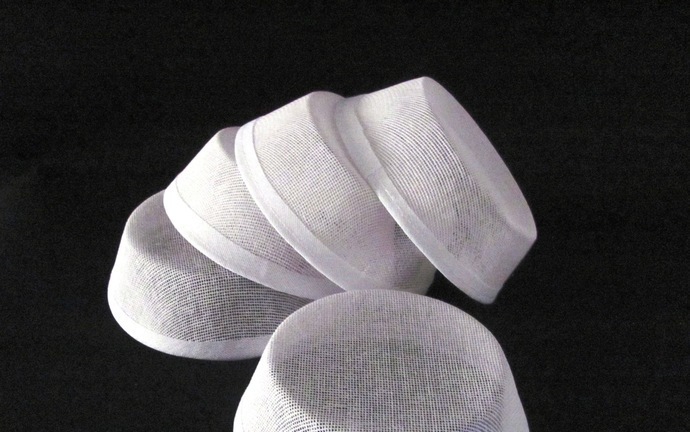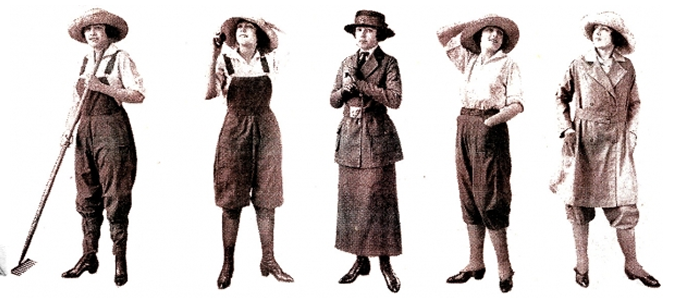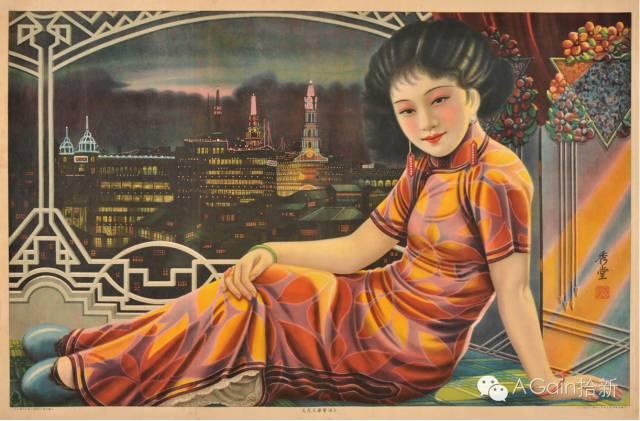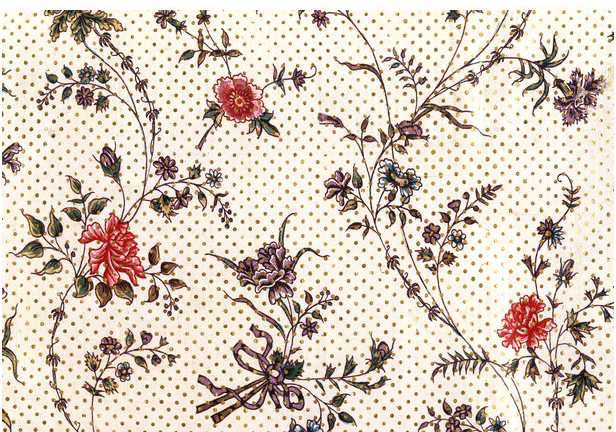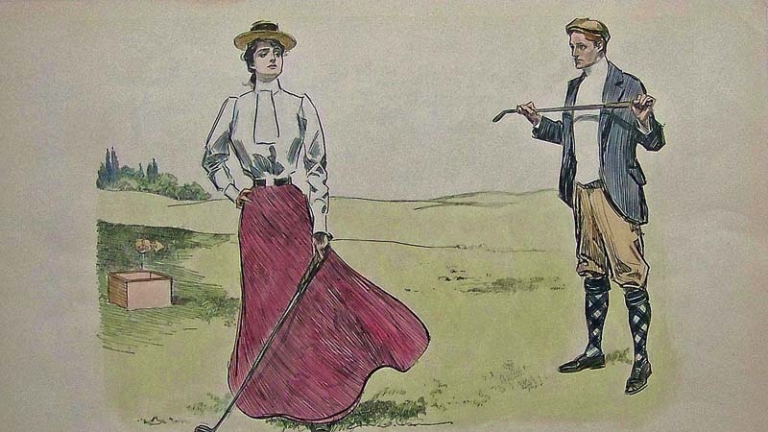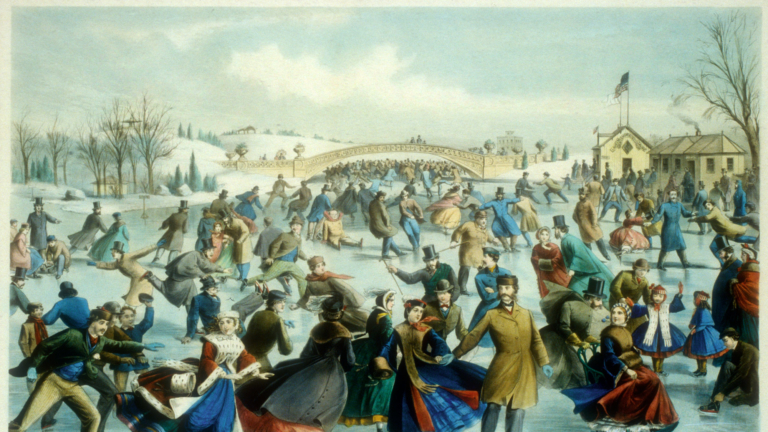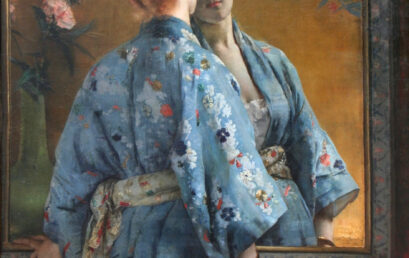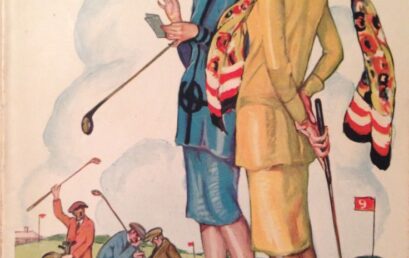Buckram 101
by Lynn McMasters, First published for the November/December 2005 issue of Finery Buckram is an open-weave fabric of cotton or linen that is sized with watersoluble glue. In use for hundreds of years, today it is used in bookbinding, drapery pleats, mask making and hat making. In mask and hat making buckram is used as the substructure and generally covered with fabric. In […]
The Effect of World War I on American Fashion
by Kendra Van Cleave, First published for the March/April 2005 issue of Finery By 1913, the characteristic Edwardian female silhouette, with its tightly corseted body and long skirts, had given way to a straight, high-waisted look that was thought to be more “natural” than previous styles. As the decade progressed, women’s fashions grew less restrictive, and flared skirts, loose jackets, and […]
Notes on the Chinese Cheung Sam
by Mercurio Ekaterin, First published for the November/December 2004 issue of Finery Although often thought of as a quintessentially traditional Chinese garment, the Cheung Sam (aka Qi Pao) is primarily a 20th-century evolution from the Manchurian banner gown. At the turn of the century, the two-piece, loose-fitting shirt and trousers/skirt combination was still common alongside the one-piece banner gown. The […]
So You Want to Be a Superhero?
by Bruce Mai, First published for the September/October 2004 issue of Finery Ever thought of making a superhero costume of your own? Creating an original idea frees you from the trouble of having to recreate a comic-book character. You can design whatever you want, with whatever powers you want. Try starting with a hero who either has a specific mission […]
There’s Treasure Everywhere: A Costumer’s Guide to Yard Sales
by Jillian Venters, First published for the July/August 2004 issue of Finery The weather is getting warmer. The days are getting longer. You know what this means! Yes, ok, it means summer is here. It also means that yard sale season is upon us! Yard sales are a gold mine for costumers who are willing to be patient and a […]
Pretty Prints, Clever Cottons: 18th·Century Fabrics
by Kendra Van Cleave, First published for the March/April 2004 issue of Finery Many of you may be thinking about creating new garments for the Travelers in Tuscany event on June 5th at Viansa Winery. While silk, wool, and linen were the most plentiful fabrics during the eighteenth century, today cotton is cheap, easy to find, and comfortable for a summer […]
Gibson Girls on the Loose
by Anonymous, First published for the March/April 2004 issue of Finery Will you be a graceful Edwardian lady in a lavishly trimmed white gown or a sporty Gibson Girl in a trim shirtwaist and tailored skirt at our garden party on April 25th? Edwardian dress gives you many choices and styles to choose from. In the summer of 1899, fashion […]
Dickens on a Shoestring (and an Ice Skate!)
by Trystan Bass, First published for the January/February 2004 issue of Finery In 1857, Nathaniel Currier and James Merritt Ives formed a partnership which created hugely popular prints for American middle-class homes through the 1880s. Many famous prints showed charming winter scenes, such as that of ice skaters in New York’s Central Park. Contemporary with Charles Dickens, the work of […]
East Meets West at Japonesque
by Sally Norton, First published for the September/October 2003 issue of Finery On Sunday, Oct. 5 GBACG presents Japonesque, A Victorian Afternoon in Hakone Gardens (2100 Big Basin Way, Saratoga). This event offers something special in costuming: an opportunity to explore and combine American/European and Japanese fashions of the late Victorian and Edwardian eras. Your interpretations may be historical or […]
Modern Times: Changing Society 1900-1930
by Sally Norton, First published for the July/August 2003 issue of Finery The life process is essentially social from the start. Throughout our lives we affect, and are affected by, many people. During the first quarter of the 20th century, society in the United States went through a gradual, but astounding evolution. The forces affecting these changes were varied: education, […]
